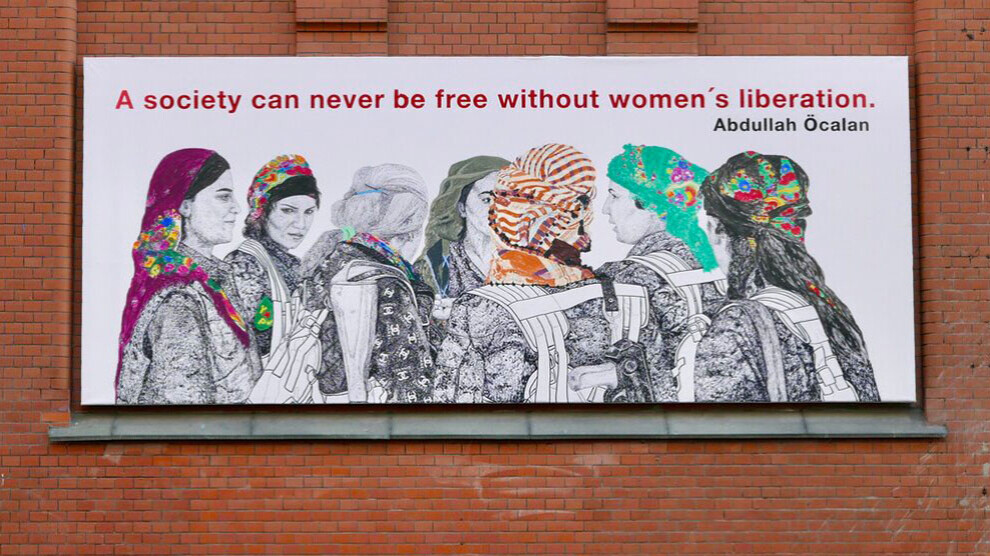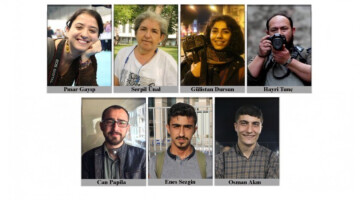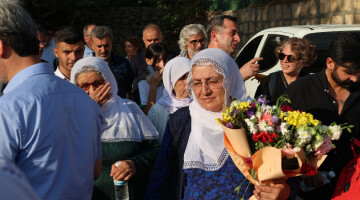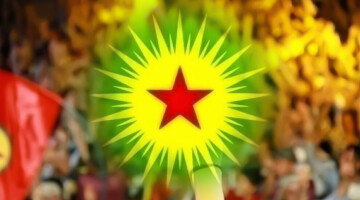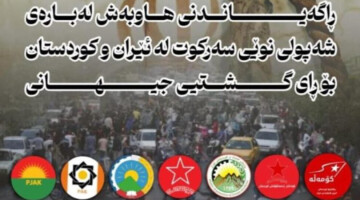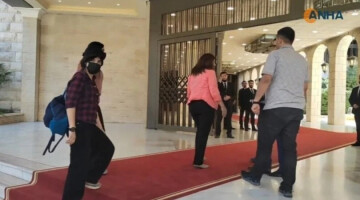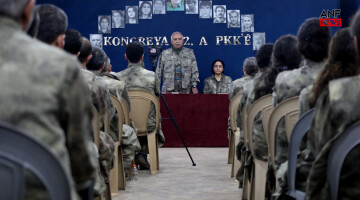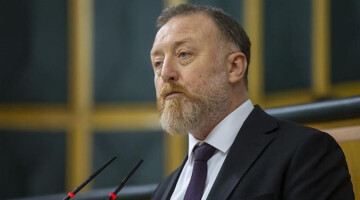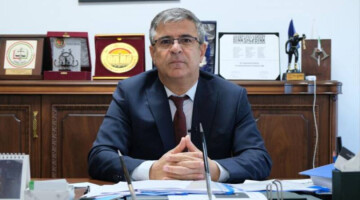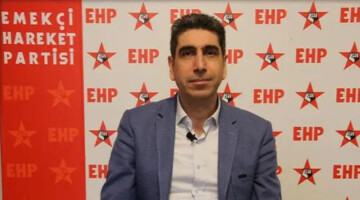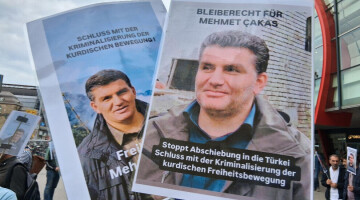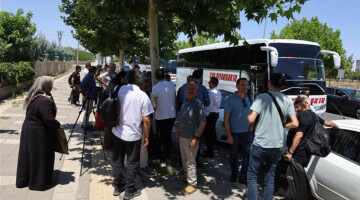The Norwegian capital Oslo has rejected demands from Turkey to remove a mural depicting a quote by Abdullah Öcalan on women's liberation. The image will continue to be displayed opposite the Norwegian parliament, said Eivor Evenrud, chairwoman of the Oslo City Council's Culture and Education Committee. "In Norway, we believe in freedom of expression and democracy. Politicians cannot and will not change or remove a painting," the Rødt politician wrote on Twitter.
The mural, which measures around two and a half by six meters and is entitled "Rojava: The Women's Revolution," was created by artist Gelawesh Waledkhani in 2020. It is intended to depict Kurdish female fighters taking part in the struggle in northern Syria and contains the famous quote "A society can never be free without women's liberation" by Abdullah Öcalan, who is regarded as the source of ideas for the Rojava revolution. The art wall on which the painting hangs is run by the Mesén Cultural Agency. The public exhibition venue is based on the idea that art on display in museums is always reserved for an initiated audience. The project is also intended to contribute to the promotion of freedom of expression and public debate.
"Rojava: The Women’s Revolution“ by Gelawesh Waledkhani | Mesen
The Turkish Foreign Ministry in Ankara demanded the removal, saying; “The fact that the Oslo municipality, despite a note of protest, "maintains its stance in support of terrorism" is exemplary.” In addition, the Turkish ministry issued a threat: "We would like to remind those who tolerate terrorism that they, too, may one day be affected by this scourge."
Fear of art
This is not the first time that Turkey has interfered with artistic freedom outside its own borders. Erdogan's lobby in Germany also intervenes regularly. About a year ago, the city of Nuremberg had a picture by photographer Laurence Grangien removed from the exhibition "ROJAVA: Appearance and Reality" under pressure from the Turkish consul general. The photo showed a Kurdish woman from northern Syria with a machine gun next to a flag of the Parastina Jin and the image of Abdullah Öcalan. In the autumn of 2018, an art exhibition in Duisburg was under police protection after massive threats because of a picture critical of Erdogan. The painting by artist Thomas Baumgärtel, known as the "Banana Sprayer," showed Turkish President Recep Tayyip Erdogan in a bent-over position with his bare buttocks covered in a banana.
In 2016, the Turkish government wanted to remove a picture by photographer Demir Sönmez from an open-air exhibition in the Swiss city of Geneva. On it was a banner blaming Erdogan for the death of a minor. "My name is Berkin Elvan, the police killed me on the orders of the Turkish prime minister," the banner read. Berkin Elvan was 13 when he was fatally shot by a police gas canister during the Gezi protests in June 2013.

